AI has crept into every page of lecture notes, every exercise, every study suggestion for students. And from here, the big question arises: How will AI change education ? Where will the role of the teacher go?
Nearly 2,400 years ago, the philosopher Plato founded the Academy, the world 's first school, in Athens. There, teachers taught not only knowledge but also how to live, how to be a human being, and how to lead.
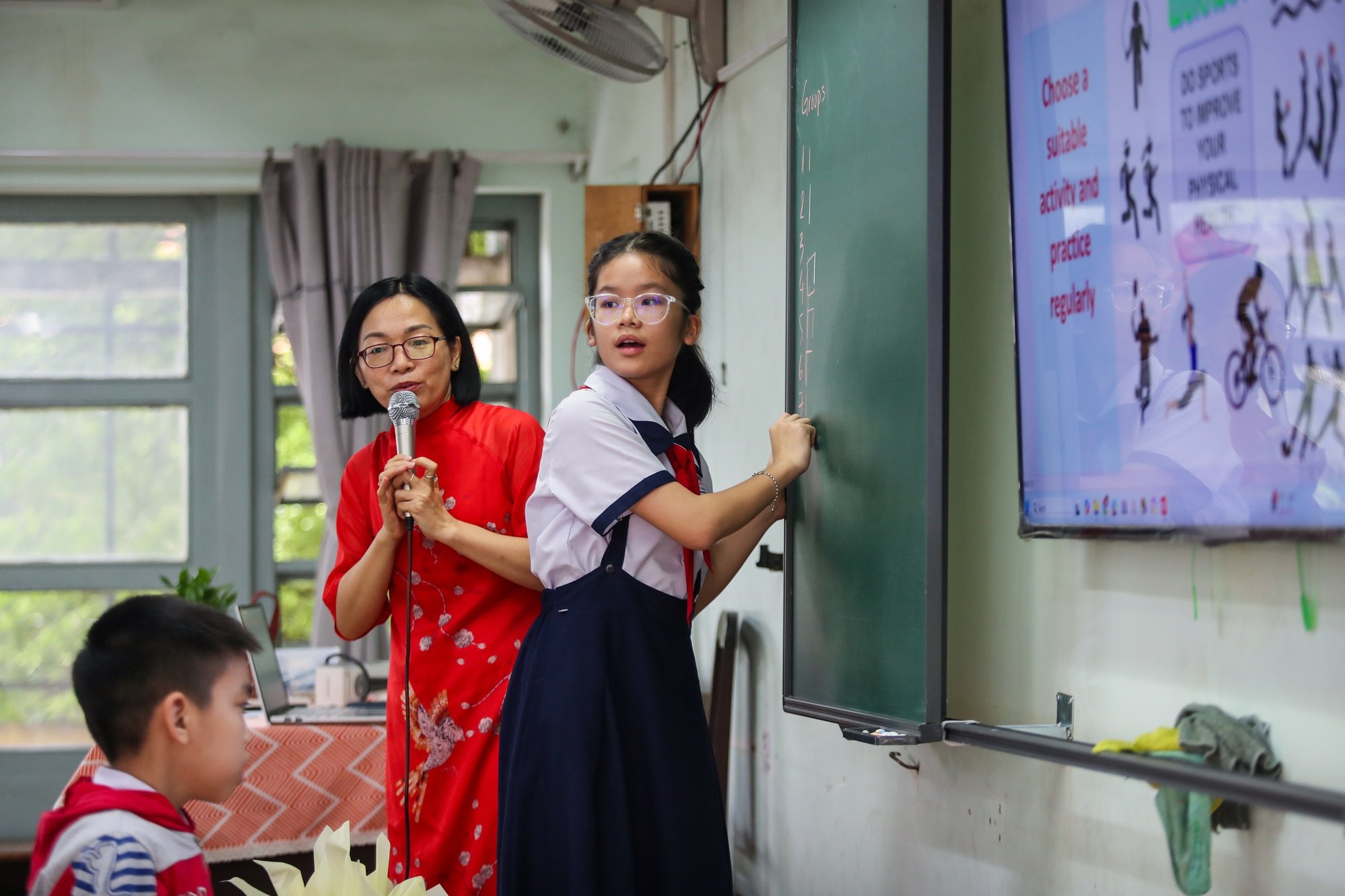
In the classroom, what is valuable is not only knowledge, but also human interaction.
PHOTO: NHAT THINH
Among those students was Aristotle, who later became a teacher of humanity. From Confucius in the East to Einstein in the West, although their knowledge was different, they all had something in common: taking love for humanity as the root of their teaching.
N NEW DOORS THAT AI OPENS FOR EDUCATION
AI can create a lesson plan in just a few minutes, suggest illustrations, case studies, and even create virtual simulations for students to experience. Previously, a teacher needed hours to design a lesson, but now with AI, that job is much easier.
AI also has the ability to personalize the learning path: each student with different strengths and weaknesses will be suggested appropriate content. Students who are good at math can progress faster, while those who are slow in English grammar will have the system automatically supplement their exercises. What is difficult to do thoroughly in the traditional classroom is now possible. Thanks to AI, teachers have more powerful tools to turn the classroom into a diverse, lively, and personalized journey, instead of a one-size-fits-all model.
However, every technology has its downsides. If we rely too much on AI, teachers can become "spokespeople" for machines, lacking depth, creativity and personal emotions. A beautiful but soulless lesson plan, a smooth lecture but without real listening and sharing from teachers - that can be a risk.
Furthermore, AI can make students “afraid to think”, quickly looking up and getting answers instead of figuring it out on their own. In the classroom, what is valuable is not only knowledge but also human interaction – an encouraging look, a nod, or patiently listening to a hesitant answer. This is something that no algorithm can replace.
Therefore, the challenge for teachers today is not only to "know AI" but also to know the limits of AI. Use AI to save preparation time, to suggest creativity, but still have to master the classroom, master emotions, and inspire the spirit of learning in students.
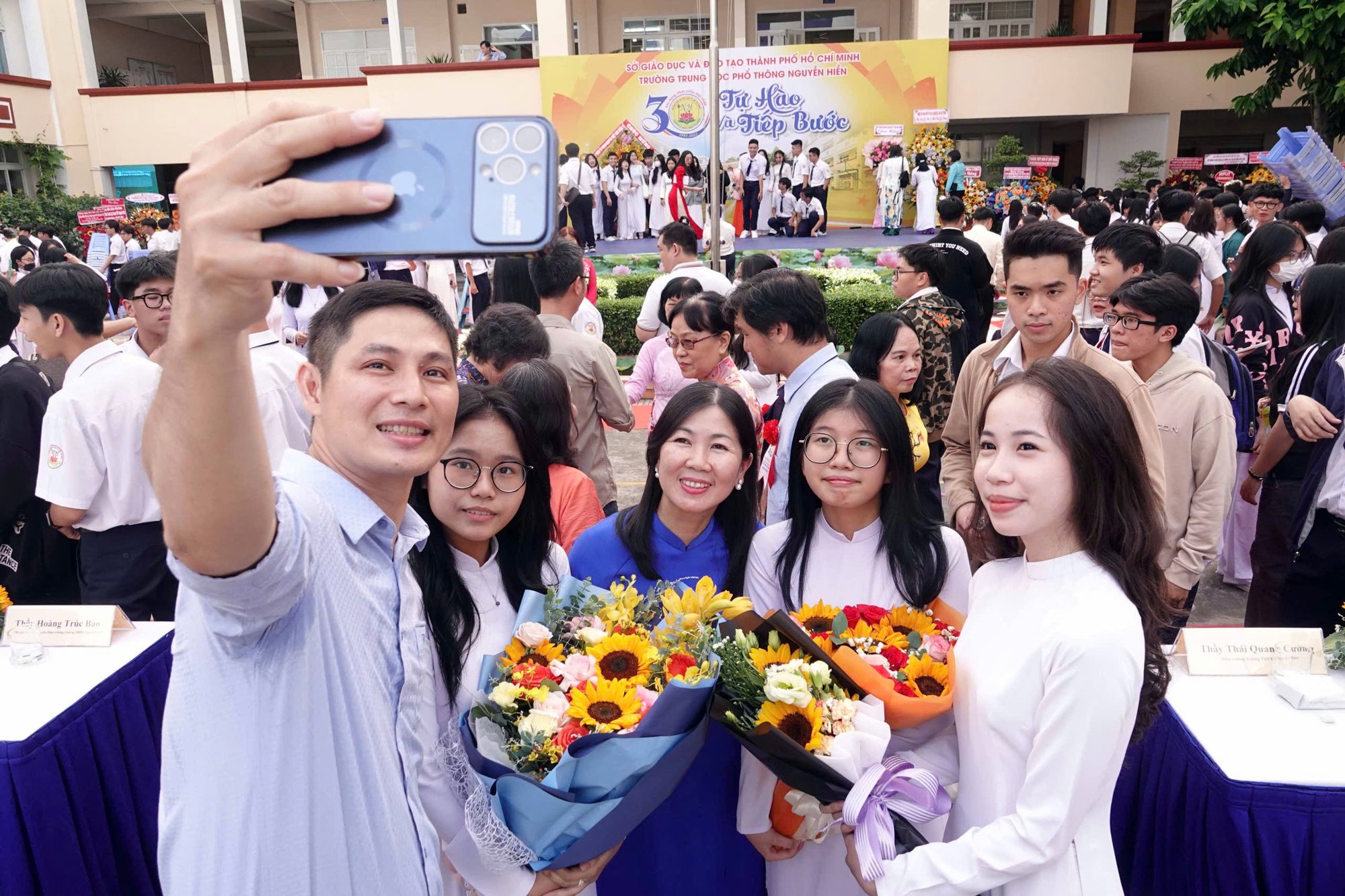
No matter how far technology goes, it can never replace teachers.
PHOTO: DAO NGOC THACH
R OBOT - THE TEACHER WHO NEVER GETS TIRED
Today, the world has entered the era of AI, where "robot professors" can teach students in 23 languages, never get tired, never get bored, and never be late. In Japan, robots teach English; in Finland, "Professor Elias" chats friendly like a real person; in the US, an AI version of Einstein teaches physics with an endlessly patient smile. And people are starting to ask: "Will robot professors replace real teachers one day?"
The answer is no, if the teacher still keeps his heart. Robots can teach knowledge, but only teachers can teach character. Robots can simulate emotions, but only teachers can awaken the soul. Robots can talk about gratitude, but only teachers can make students cry when saying thank you.
THE IRREGULAR STUDENT OF THE TEACHER
Robot professor - the diligent teaching assistant of humanity, but can never replace the heart of a teacher.
Teachers in the new era
To not only survive but also lead and inspire, teachers of the digital age need to constantly practice 3 core competencies: Lifelong learning capacity - constantly updating knowledge, technology, and new teaching methods. Today's teachers must be both teachers and learners, and can always learn from their students.
The second is the ability to connect and create - knowing how to combine human knowledge and AI tools; knowing how to create a resonant learning space where students can participate, explore , and create with teachers.
Finally, emotional competence and human leadership - knowing how to evoke positive emotions, instill confidence and accompany students in their weakest moments. When AI becomes intelligent, the teacher's emotions will be the "uncopyable difference".
Besides competence, there are three qualities that are the foundation for the lasting value of a teacher. The first is honesty. Honesty with knowledge, with students, and with oneself. An honest teacher not only teaches correctly but also lives truthfully, so that each word is a silent moral lesson.
Next is confidence. Confidence in the value of the profession and its mission. Confident teachers are not afraid of being replaced by technology, because they know that technology is only a support, and people are the center.
And the third is gratitude. Gratitude for life, students, and teachers who came before. Gratitude helps teachers be humble, kind, and pass on positive energy to the next generation. As Cicero once said: "Gratitude is the greatest virtue, and the root of all others." And perhaps, that is also what no line of AI code can program.
But no matter how far technology goes, there will always be a day in the year when we offer flowers to the real teachers in flesh and blood - the ones who taught us not only how to know, but also how to be human.
AI can provide information, suggest methods, analyze data… but AI cannot love. It cannot touch the student’s heart by saying: “I believe you can do it”. It cannot inspire from human experience, failure, and perseverance.
Teachers, from the past to the present, not only teach words, but also teach how to be a human being. In the AI era, that role is even more evident: Teachers are guides, so that students do not get lost in the sea of information. Teachers are the ones who keep the fire burning, so that each lesson is not just a formula or data, but a journey of self-discovery. Teachers are the drivers, and AI is just the vehicle - a tool to take the learning journey faster and further. Remember: AI can change the classroom, but it cannot replace the heart of a teacher. Technology can become an "extended arm" of teachers, but the ones who guide, inspire and instill confidence in the young generation can only be teachers - dedicated and humane "ferrymen". In the AI era, more than ever, we see a truth more clearly: AI is a tool. The ones who lead knowledge are teachers.
Source: https://thanhnien.vn/ai-va-nguoi-thay-trong-ky-nguyen-giao-duc-moi-185251114183517193.htm




![[Photo] National Assembly Chairman Tran Thanh Man holds talks with South Korean National Assembly Chairman Woo Won Shik](/_next/image?url=https%3A%2F%2Fvphoto.vietnam.vn%2Fthumb%2F1200x675%2Fvietnam%2Fresource%2FIMAGE%2F2025%2F11%2F20%2F1763629724919_hq-5175-jpg.webp&w=3840&q=75)
![[Photo] President Luong Cuong receives President of the Senate of the Czech Republic Milos Vystrcil](/_next/image?url=https%3A%2F%2Fvphoto.vietnam.vn%2Fthumb%2F1200x675%2Fvietnam%2Fresource%2FIMAGE%2F2025%2F11%2F20%2F1763629737266_ndo_br_1-jpg.webp&w=3840&q=75)
![[Photo] Lam Dong: Panoramic view of Lien Khuong waterfall rolling like never before](/_next/image?url=https%3A%2F%2Fvphoto.vietnam.vn%2Fthumb%2F1200x675%2Fvietnam%2Fresource%2FIMAGE%2F2025%2F11%2F20%2F1763633331783_lk7-jpg.webp&w=3840&q=75)

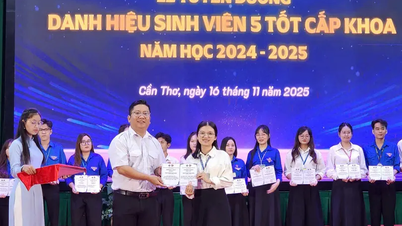

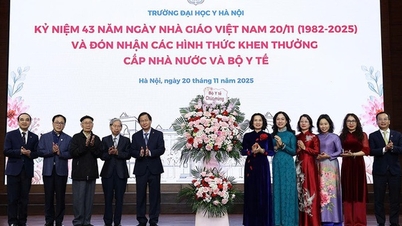



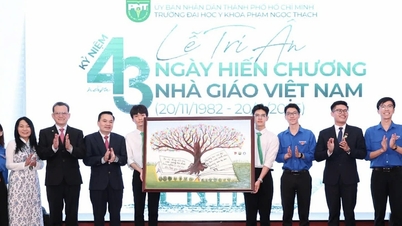
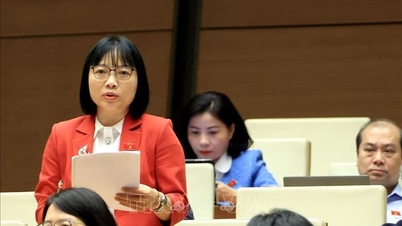

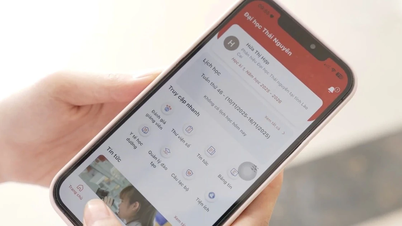

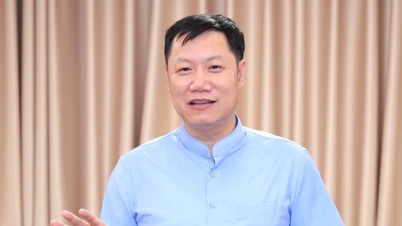

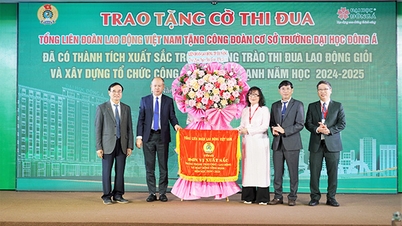

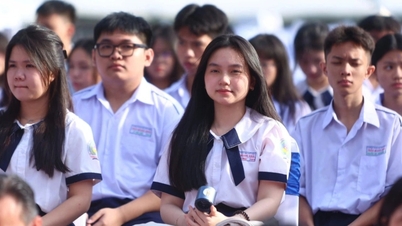

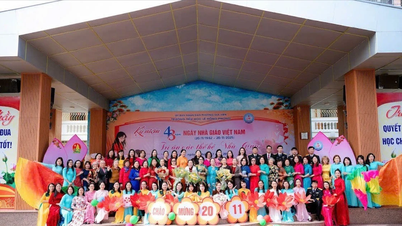
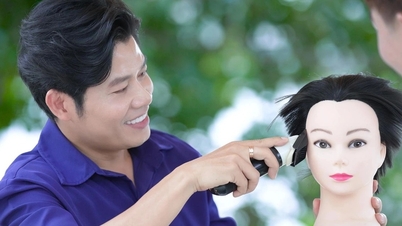







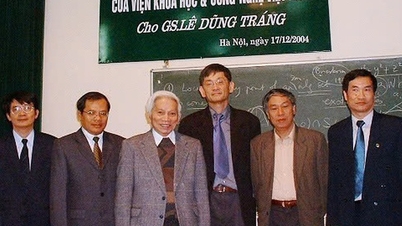
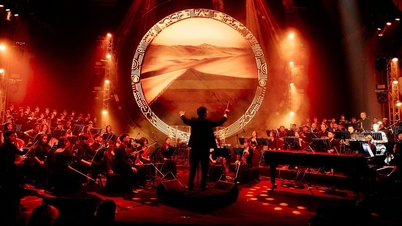



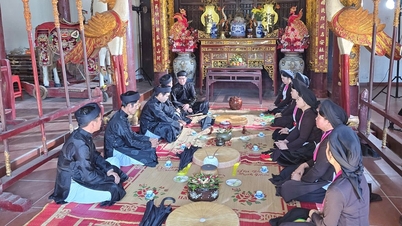








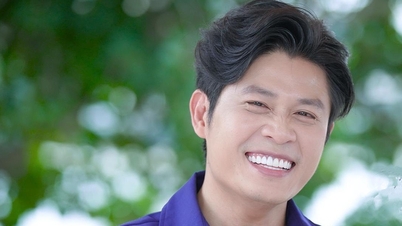
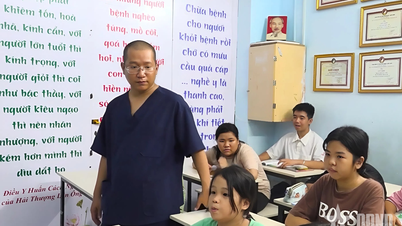

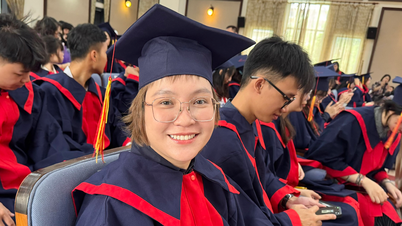
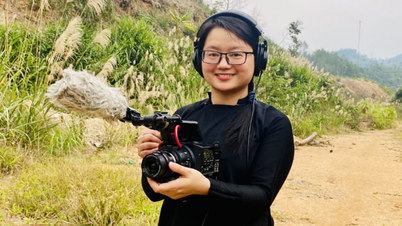
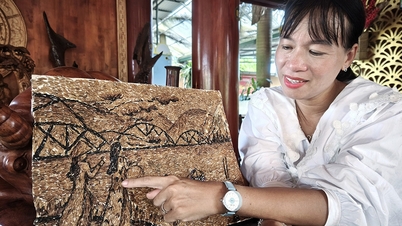
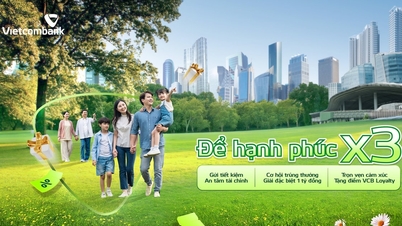

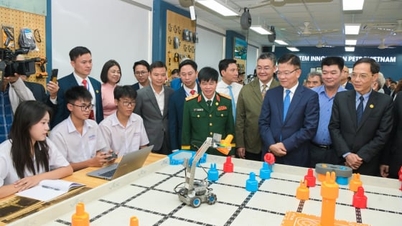




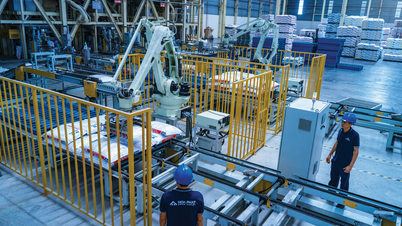


















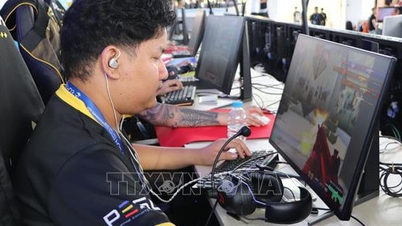


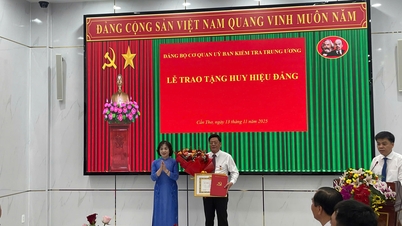




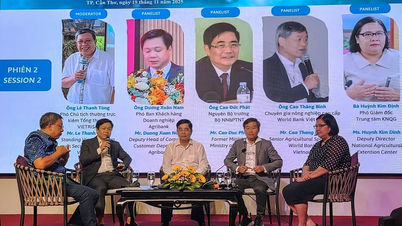
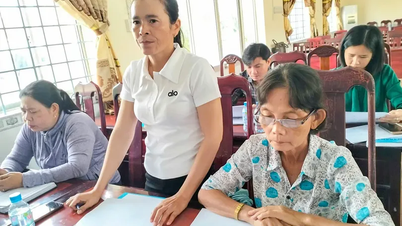
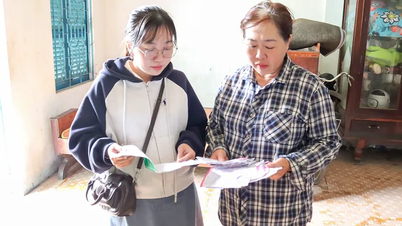
















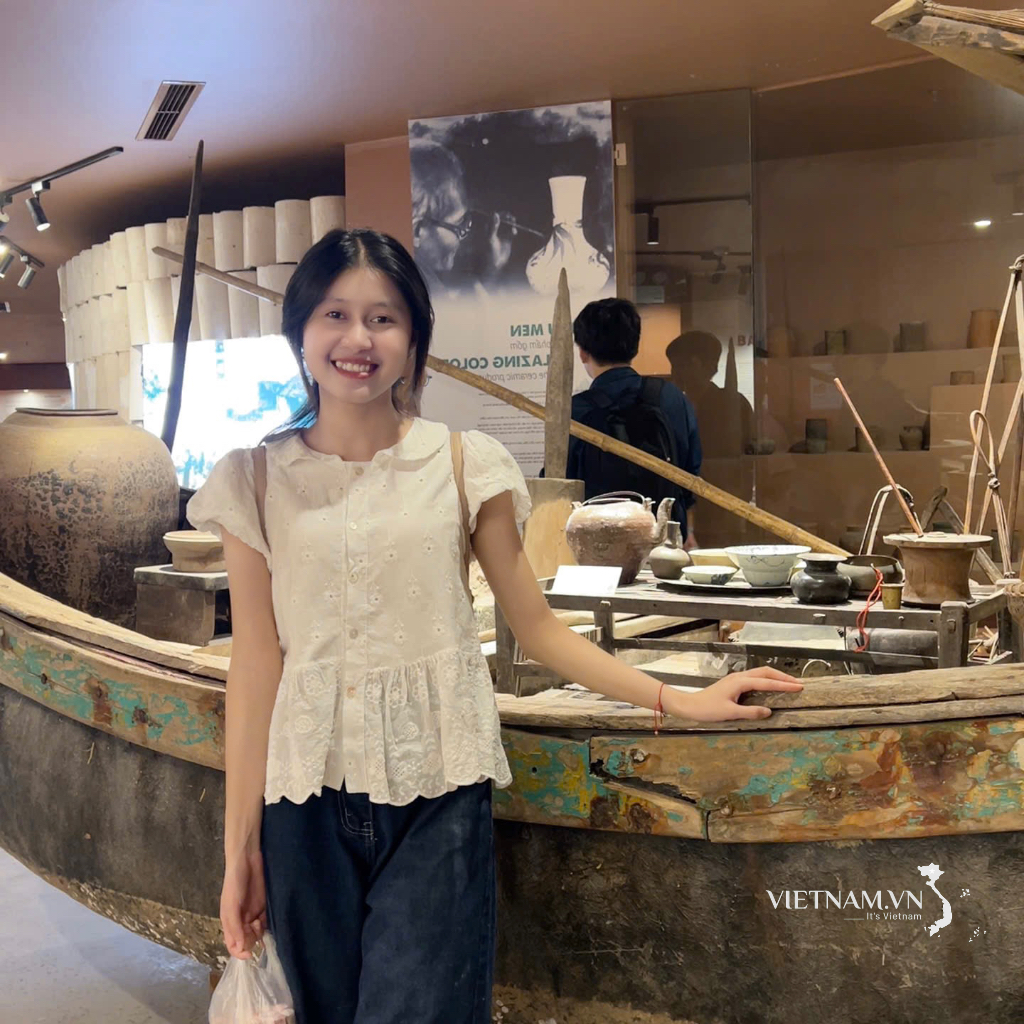
Comment (0)